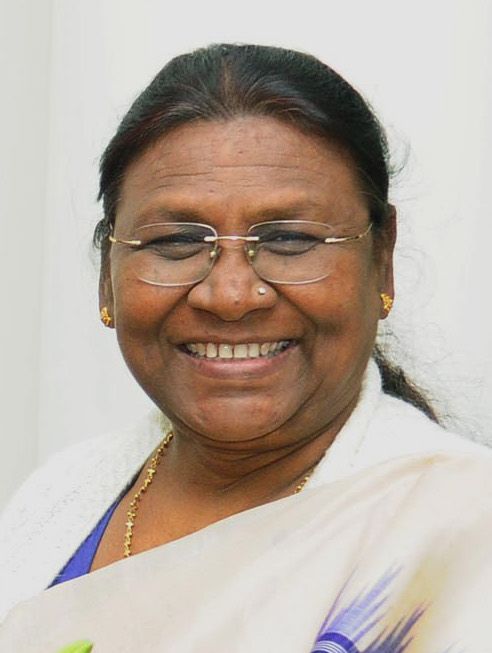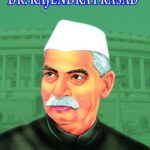President of India: 10 Fascinating Facts and His Impact on Society
Introduction
The President of India is the constitutional head of the country and the supreme commander of the Indian Armed Forces. As the ceremonial figurehead of the nation, the President plays a crucial role in upholding the Constitution and ensuring the smooth functioning of the government. This article delves into the biography, history, significance, and daily impact of the President on Indian society.
History of the President of India
The office of the President of India was established when the country adopted its Constitution on January 26, 1950, replacing the British monarchy with a democratic system. Dr. Rajendra Prasad became the first President of independent India and served two terms, shaping the role into what it is today.
Significance of the President of India
The President holds immense significance in the Indian political structure as:
- The guardian of the Constitution.
- The commander-in-chief of the armed forces.
- A symbol of national unity and integrity.
- An impartial authority ensuring smooth governance.
Observance of the President’s Role
The President’s role is observed through various ceremonial functions and duties, such as:
- Addressing the nation on Republic Day and Independence Day.
- Inaugurating sessions of Parliament.
- Giving assent to bills passed by Parliament.
- Representing India at international events and welcoming foreign dignitaries.
Facts About the President of India
- Election Process: The President is elected by an electoral college consisting of Members of Parliament and Legislative Assemblies.
- Term Duration: The President serves a term of five years, with eligibility for re-election.
- Official Residence: The President resides at Rashtrapati Bhavan, one of the largest official residences in the world.
- Veto Power: The President has the power to return a bill for reconsideration once.
- Emergency Powers: In times of national emergency, the President assumes greater authority.
- First Female President: Pratibha Patil was India’s first female President.
- Youngest President: Neelam Sanjiva Reddy was elected at the age of 64.
- Oath Ceremony: The President takes an oath administered by the Chief Justice of India.
- Pardoning Power: The President has the power to grant pardons, reprieves, respites, or remissions under Article 72.
- Current President: As of now, Droupadi Murmu is serving as the President of India.
Daily Life Impact of the President of India
Although the role of the President is largely ceremonial, their actions and decisions have an impact on daily life in the following ways:
- Providing moral leadership to the nation.
- Acting as a unifying figure during crises.
- Approving policies that influence economic and social aspects.
- Encouraging national development through initiatives and programs.
Wishing the President of India
Here are some ways to express wishes to the President on significant occasions:
- “Wishing our Honorable President continued success and prosperity for the nation.”
- “May the President’s guidance continue to inspire our country towards progress and unity.”
- “Saluting the leadership and wisdom of our President on this special occasion.”
FAQs About the President of India
Q: How is the President of India elected?
A: The President is elected by an electoral college consisting of elected representatives from both houses of Parliament and state legislative assemblies.
Q: Can the President dismiss the Prime Minister?
A: No, the President acts on the advice of the Prime Minister and Council of Ministers.
Q: What is the tenure of the President?
A: The President serves a term of five years and can be re-elected.
Q: What are the qualifications required to become the President of India?
A: The candidate must be a citizen of India, at least 35 years old, and qualified to be a Member of Parliament.
Important Points to Remember
- The President is the ceremonial head of state.
- They act on the advice of the Prime Minister and the Council of Ministers.
- The President plays a key role in upholding the Constitution and democratic values.
- Various initiatives and programs are launched under the President’s patronage.
Importance of the President to Society
The President plays a pivotal role in maintaining the dignity and unity of the country. Their responsibilities include:
- Ensuring Stability: Acting as a stabilizing force during political uncertainty.
- Inspiring Leadership: Providing moral and ethical leadership to the nation.
- Promoting International Relations: Strengthening India’s position on the global stage.
Conclusion
The President of India is not just a figurehead but a vital part of the country’s governance and unity. From ceremonial duties to influencing national policies, the President’s role is indispensable in shaping India’s future.
Let’s recognize and appreciate the contributions of our President in building a stronger nation!










